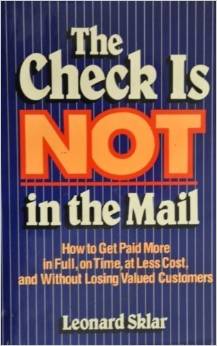Iron Bars, Plexiglass, and Masking Tape
An actual dream I had of a tiger prowling a maze where some walls are iron bars, others are plexiglass, and strips of masking tape seem to bar some paths. I later realized it was a metaphor for three kinds of barriers that entrepreneurs need to navigate as they get a new business established.
Iron Bars, Plexiglass, and Masking Tape Read More »





